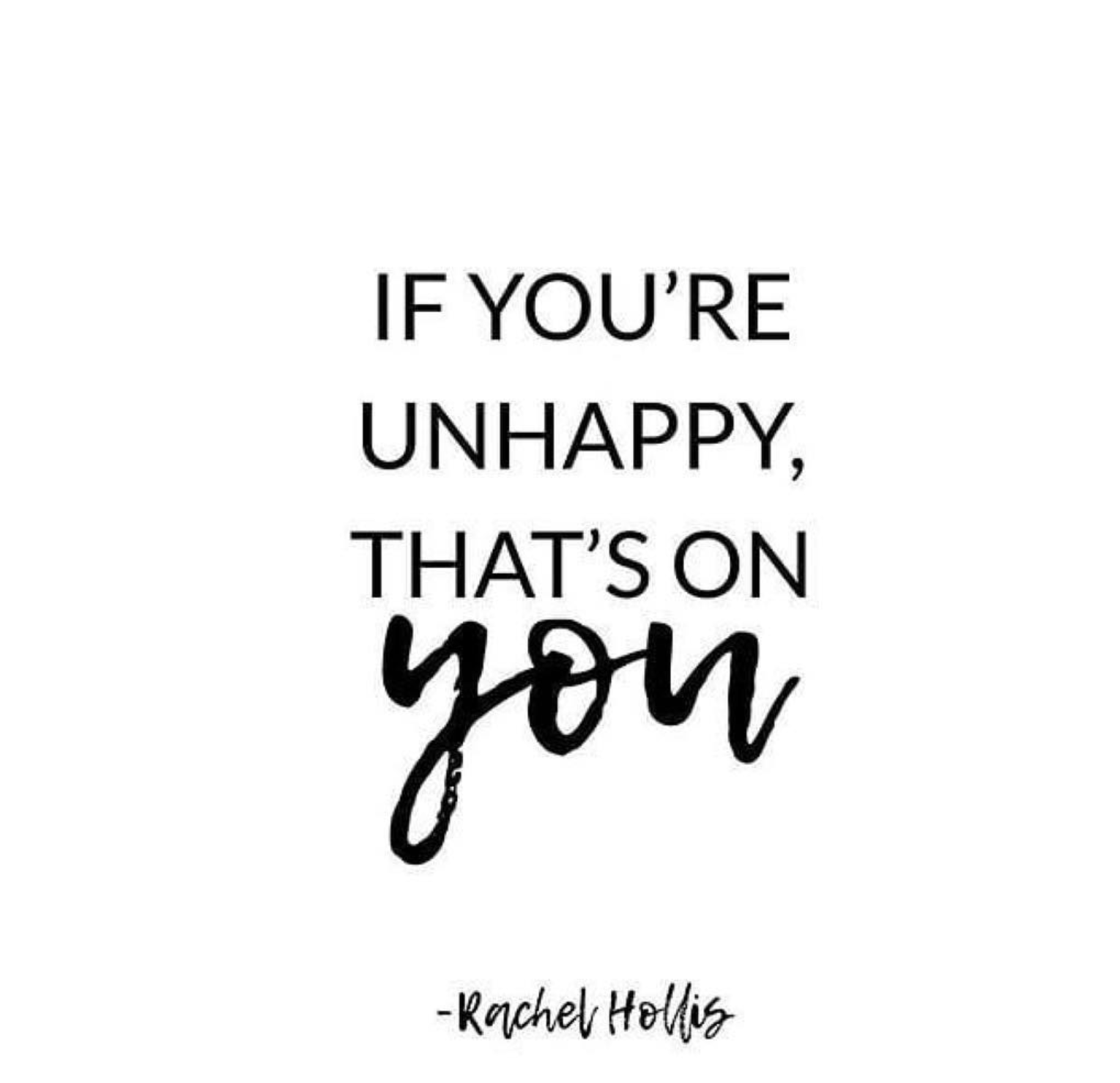The depression that won’t go away
I was 19 when I got my diagnosis. I don’t remember feeling sad or overwhelmed, by which I mean I don’t remember feeling depressed. I was just empty. Oh, and self-harming.
by Jade Sterling
I had no reason to be depressed. I was young and clever, with plenty of friends and a loving family, I had no money worries or anything going on; so why did I find myself curled up on the bathroom floor of the university flat I shared with two other people, door locked and blood seeping from my thighs, feeling nothing? I was just idly wondering how I’d get out of there without anyone seeing.
When I was 14, I found myself struggling with the pressure of succeeding at school. Quite why GCSE exams felt so oppressive I’ll never know, but I felt the need to do better than anyone else. I was rolling a drawing pin back and forth on my desk when it occurred to me to brush the point against the back of my hand. A slight red line appeared. And then another. I never broke the skin and it didn’t really hurt—but it felt good. I don’t know what inspired me to do that, but that’s where it started. I now had an outlet for not feeling good enough.
Once I’d put a name to the feeling, I found more things to pick apart. I wasn’t thin enough for starters, so I drew lines across my ribs—ten in a row, one above the other. The tops of my thighs bore the brunt of my inadequacies at school; my stomach told the stories of any arguments I had with friends, family or boyfriend. I became a tapestry of my failings and I hid it well. I’m just glad I was never doing more than scratching; very few lines scarred from those days.
I stopped for a year or so during my A-levels but I kept a pack of razors in my bedside table; tucked away, they brought a strange sense of comfort. If things slipped away from me again, I had a release. It’s frightening how easy it was to access them—I literally walked into the supermarket, plucked a pack off the shelf and the cashier didn’t even blink at me. I can’t have been more than 15. Somehow I knew I needed clean blades and never reused one—there was ritual in unwrapping a clean blade and then applying it to myself. I still didn’t feel depressed; I didn’t recognise the lack of feeling. I knew something was wrong, and I rationalised keeping it secret. If I told someone, I wouldn’t be allowed to go to university—I’d known I was a danger to myself but kept silent.
It had taken five years for my depression to take hold, insidiously winding its way into every facet of me.
I stayed clean until February 2012, just before my 19th birthday. The emptiness had drained me completely; I had no motivation to do anything, let alone head into lecture halls and pretend to be normal. I had to feel something. I cut deeper than I ever had before, chasing any sensation I could, and that’s how I ended up on the bathroom floor. Those cuts have scarred.
I’m proud of myself for realising this wasn’t okay. I got myself up, stemmed the blood, slipped into my room and called my mum. I was home and in the doctor’s surgery the next day, with a name for my experience: depression. I omitted the gorier details but confessed the rest and walked out of there, script in hand. Citalopram and counselling were to be my saviours.
It’s been six years since that day. Am I recovered? Oh no. That’s not to say I haven’t tried.
The counselling turned out to be an unmitigated disaster—I walked out of my sixth session when the counsellor tried to get me to blame my mother—but the Citalopram got me through the rest of that year and the next. I was well enough to venture on my year abroad, facing four new cities and jobs in the space of 15 months, and was doing so well, I decided to come off the drugs while in St Petersburg. I tapered down over that summer, and by the time I returned to university for my final year, I was free.
And feeling great. I smashed that year. There were dark times, but what student didn’t feel the pressure of getting their degree? Degree got, I left university and dared to think I was recovered. I was lying to everyone, including myself.
While the emptiness and darkness had gone, the release self-harm gave me had turned into a form of punishment. My left arm is littered with scars; point to one and I can tell you exactly what I did and when to deserve it. At some point, I stopped—I realised someone would eventually find out, and that wouldn’t do. I then realised my smoking habit had become my new outlet.
Life after university was busy. I met my husband, pursued three different careers, got engaged, bought a house, got married and moved abroad. I was happy, genuinely happy. During this time, I felt it coming back again. I felt the emptiness encroaching on me, I could feel my motivations sliding and my sleep patterns changing. This time, I recognised I needed help before it could get bad—I knew what I was facing. I’d been with my husband for a year when I turned to him and asked him to take me to the doctor—I knew what I was facing and I knew I wouldn’t get myself the help I needed without someone to hold me accountable. And that’s how I ended up on antidepressants again; Mirtazapine this time.
It felt ridiculous. It felt like failure. I was happy! I grappled with inadequacy again; I clearly wasn’t good enough if I managed to be depressed even while things were going well. I couldn’t believe anyone would want to be with me, marry me, buy a house and build a life with me if I was this useless. I still struggle with these feelings—particularly when I upset him—but my marriage is going strong so I must be okay. Would anyone have known my dress was covering self-harm scars when they saw me on my wedding day? Would anyone at work know I battle self-doubt and hating myself when I’m such a confident go-getter? I’ve never kept my depression a secret; if anyone asked or confided their own diagnosis with me, I’ve been honest and shared my own. The only thing I’ve never shared until now is my fear the depression will never go away.
I switched from Mirtazapine to Sertraline when I found I could not lose any weight no matter what I did (600 calories a day for 30 days and I lost all of 3lbs? I don’t think so) and I was sleeping far too much. Sertraline is a much better match for me—I started to lose weight, I developed a far more normal sleeping pattern and I was feeling great mentally. I felt balanced. I’ve given up smoking and I don’t hurt myself in any way anymore; I barely even drink.
But I’m not recovered. It was hard to realise I might never be.
Recently, I've started to feel the darkness creeping on my peripheries. I know I need to go speak to my GP and possibly up my meds. It feels like another step away from being 'cured'.
My journey isn’t towards recovery, whatever that is; my journey is towards being okay with my mental health and whatever that may mean for me. It’s towards taking my medication every day without feeling ashamed, it’s towards recognising the prescription helps me be me, and it’s towards keeping the depression at bay. Maybe one day it will go away, and maybe it never will.
Either way, I’ll be okay. ■




















Taking your mental health diagnosis into your own hands